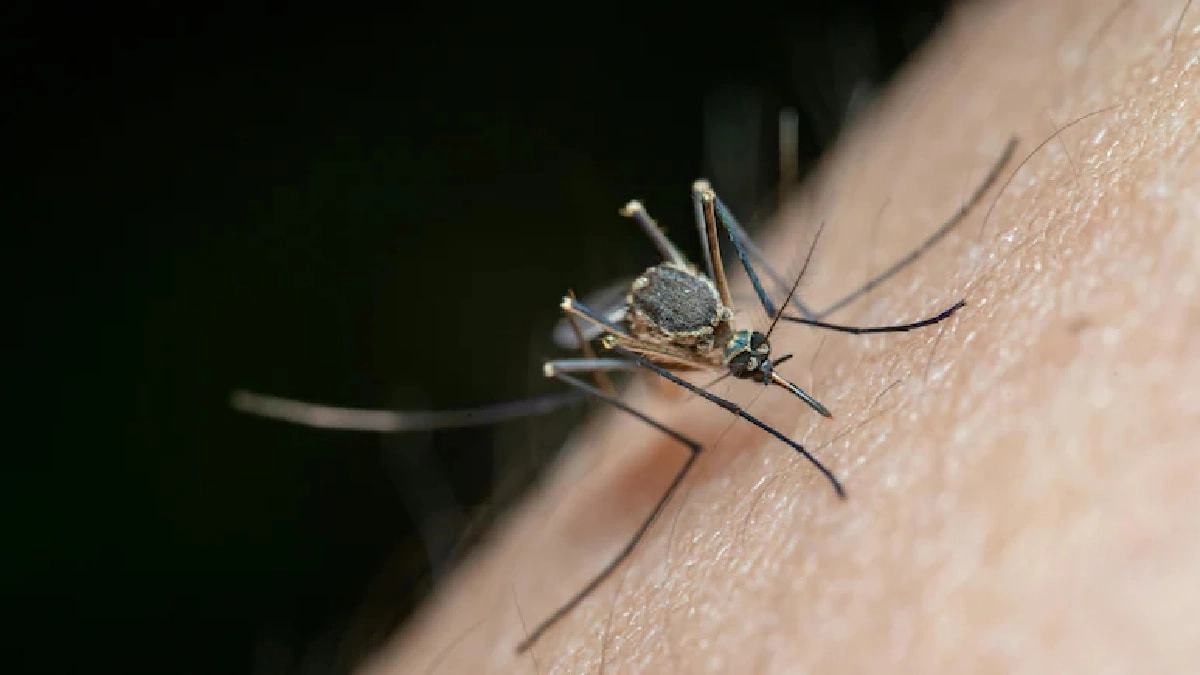The European Centre for Disease Prevention and Control (ECDC) has reported an alarming surge in mosquito-borne diseases across Europe, a trend that raises significant public health concerns. As climates warm and urban environments expand, conditions have become increasingly favorable for the proliferation of mosquitoes that carry diseases such as West Nile virus, dengue fever, and chikungunya. The ECDC’s findings indicate that the incidence of these diseases has risen sharply in several regions, highlighting the urgent need for increased surveillance and vector control measures.
The rise in mosquito populations can be attributed to a combination of factors, including rising temperatures, changing rainfall patterns, and the movement of people and goods across borders. These conditions not only allow mosquitoes to thrive but also facilitate their spread into new areas where they were previously absent. For instance, the ECDC has noted an uptick in West Nile virus cases in southern Europe, particularly in countries like Italy and Greece, where the climate is becoming more conducive to mosquito breeding. This trend poses a dual challenge: managing the current outbreaks while preparing for potential future incidents as climate change continues to alter ecosystems.
Public health agencies are now emphasizing the importance of proactive measures to combat the rising threat of mosquito-borne diseases. This includes enhancing public awareness campaigns about personal protective measures, such as using insect repellent and wearing appropriate clothing, especially in areas where outbreaks have been reported. Additionally, there is a call for increased investment in research to better understand the dynamics of mosquito populations and the diseases they carry. By focusing on both prevention and treatment, health officials aim to mitigate the impact of these diseases on the population and safeguard public health.
In conclusion, the record surge in mosquito-borne diseases in Europe is a wake-up call for governments, public health officials, and communities alike. As the climate continues to change, the threat posed by these diseases is likely to grow, necessitating a coordinated response that encompasses surveillance, education, and research. The ECDC’s report serves as a critical reminder of the interconnectedness of environmental factors and public health, urging stakeholders to take comprehensive action to address this evolving challenge. Failure to do so could result in more widespread outbreaks and significant health consequences for populations across Europe.




